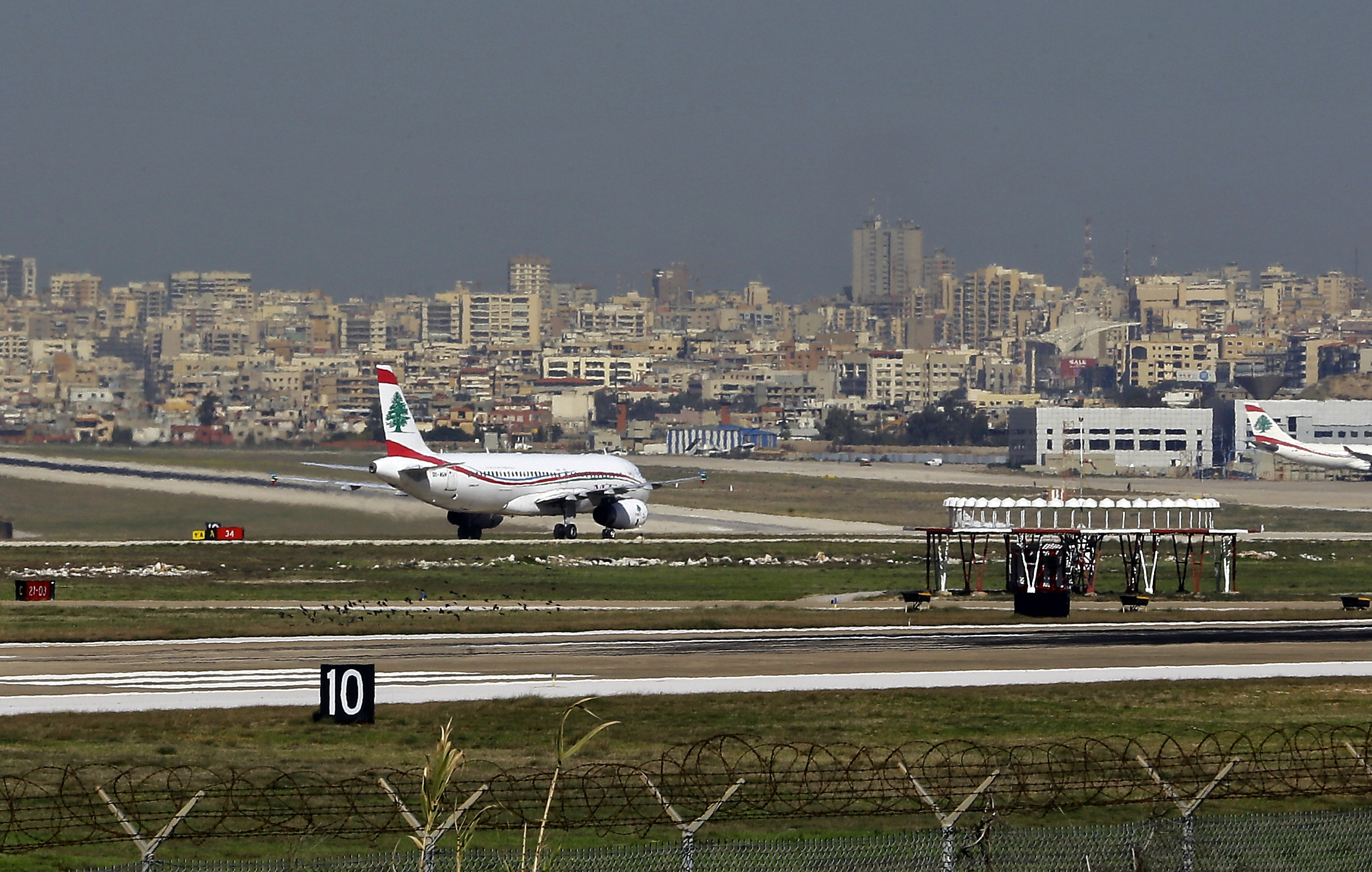Last week, a pre-audit report by the European Union Aviation Safety Agency (EASA) and the International Civil Aviation Organisation (ICAO) highlighted a number of safety issues to be urgently dealt with at Beirut’s Rafic Hariri International Airport.
The country’s airport has witnessed considerable activity during the last few weeks as Lebanese expats and residents travel in and out of the country during summer season, and such discoveries raise alarming questions about the safety of such travels.
The pre-audit
The report by the EASA and the ICAO focused on air navigation services such as air-traffic control and communication services, highlighting serious staff shortages at the level of air traffic control (ATC).
A source from the Lebanese aviation department has pointed out that there are only 15 certified aid controllers – compared to a standard requirement of 87 – who are working up to 96 hours per week.
Another major issue highlighted was the fact that the agency operating air traffic control duties regulates itself, with no third-party regulation in place, raising questions about proper monitoring and commitment to safety procedures.
An article by The National notes that the ICAO can flag a country over international aviation regulations breaches, and while the flagging process has no legal consequences, it can inform and impact nations across the world’s decisions of suspending travels to the country.
The UAE-based daily highlighted that while staff numbers have declined, local replacements have not been recruited and hiring people from abroad would be costly, in addition to the dearth in adequate training for those working on the grounds and assistants.
The article adds that 20 qualified air-traffic controllers who passed the 2018 exam were “never approved by [then-president Michel Aoun] due to concerns about creating a sectarian imbalance in the country, as most of the successful candidates were Muslim”.
The Response by the General Directorate of Civil Aviation
The General Directorate of Civil Aviation have responded to the circulation of the report on social media by claiming that the shortages have been a normal phenomena across the world due to the COVID-19 pandemic, and emphasized that they’re coordinating with the ICAO for the training of new air-traffic controllers.
The Directorate questioned the veracity of content circulated on social media, some of which it described as completely false, and noted that the shift schedules are in line with safety standards regarding air navigation.
Reactions across the country varied, with politicians such as Member of Parliament Fouad Makhzoumi describing the report “as a disgrace” via the X platform (previously known as Twitter).
An Issue Rooted in the Country’s Political Economy
The report adds to a number of ongoing perennial issues at the Rafic Hariri International Airport which offset the government’s plans to promote tourism and the return of expats. These include air conditioning issues, the absence of proper maintenance and cleaning, organizational deficiencies, and other measures that hinder travelers’ well-being.
The Minister of Public Works, Ali Hamieh, also uncovered to the press that the airport has been relying on private generators for electricity after cuts in the Deir Amar and al-Zahrani stations last week.
Relatedly, a number of political and governmental personnel such as the Minister of Tourism, Walid Nassar, urged the relevant authorities to intervene and address the worrying state of the Beirut airport.
According to Beirut-based al-Modon, political and sectarian patronage have been the source of employment of multiple people in administrative and physically-demanding positions in the airport’s general administration, as well as in Middle East Airlines (MEA), the flag carrier of Lebanon.
MEA has been involved in a series of recent scandals, including reports of pocketing money from polymerase chain reaction (PCR) tests that were conducted by the Lebanese University during the pandemic. This is a quintessential example of the ruling class’s political economy, where funds are directed from productive and educational sectors to rentier and tourist ones.
A “bloated” public sector, filled with patronage-based employment (more commonly known as wasta), has long impacted the country’s socioeconomic realities, the effectiveness of its public sector apparatuses, and social service provisions to residents.
The same political economy has been at the center of multiple systemic shocks and crises, and now it threatens the fate of 36 thousand daily passengers.


